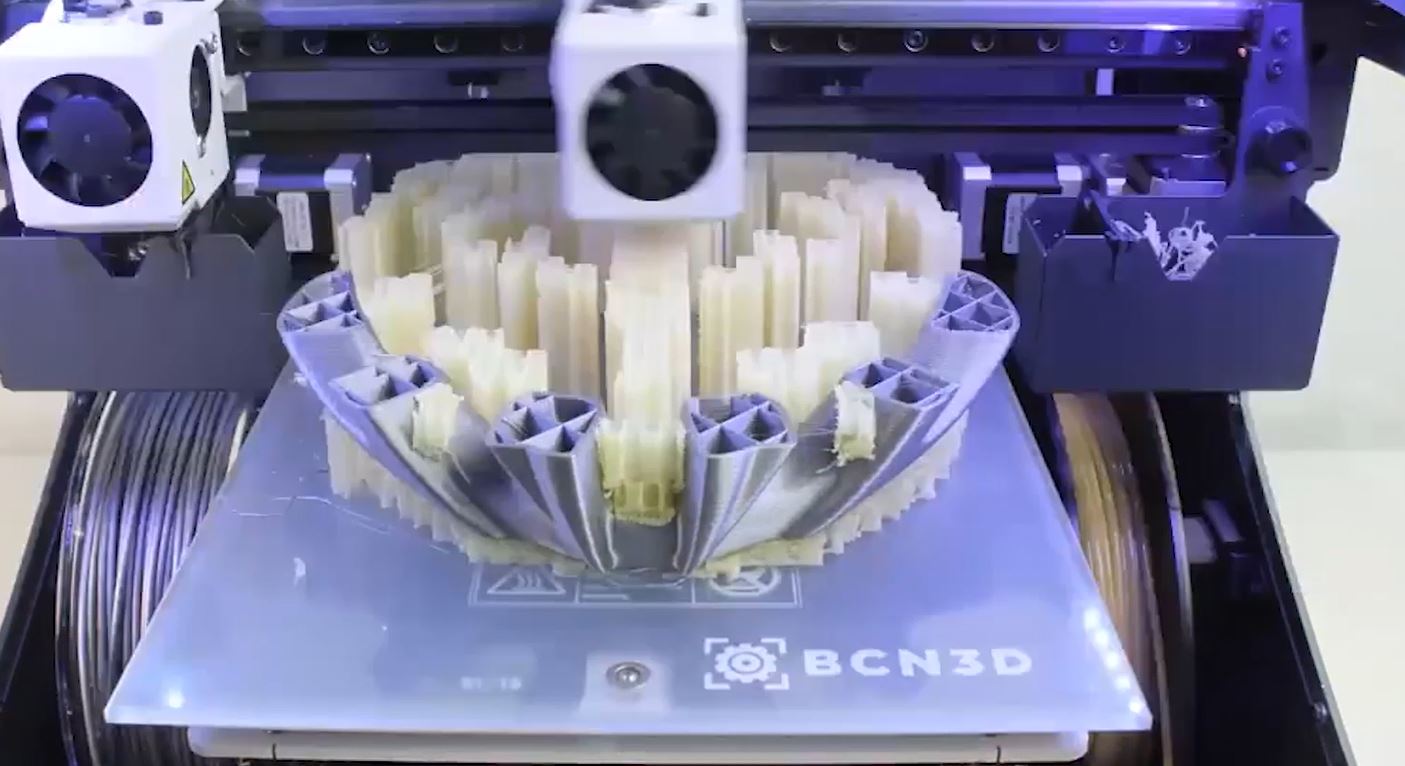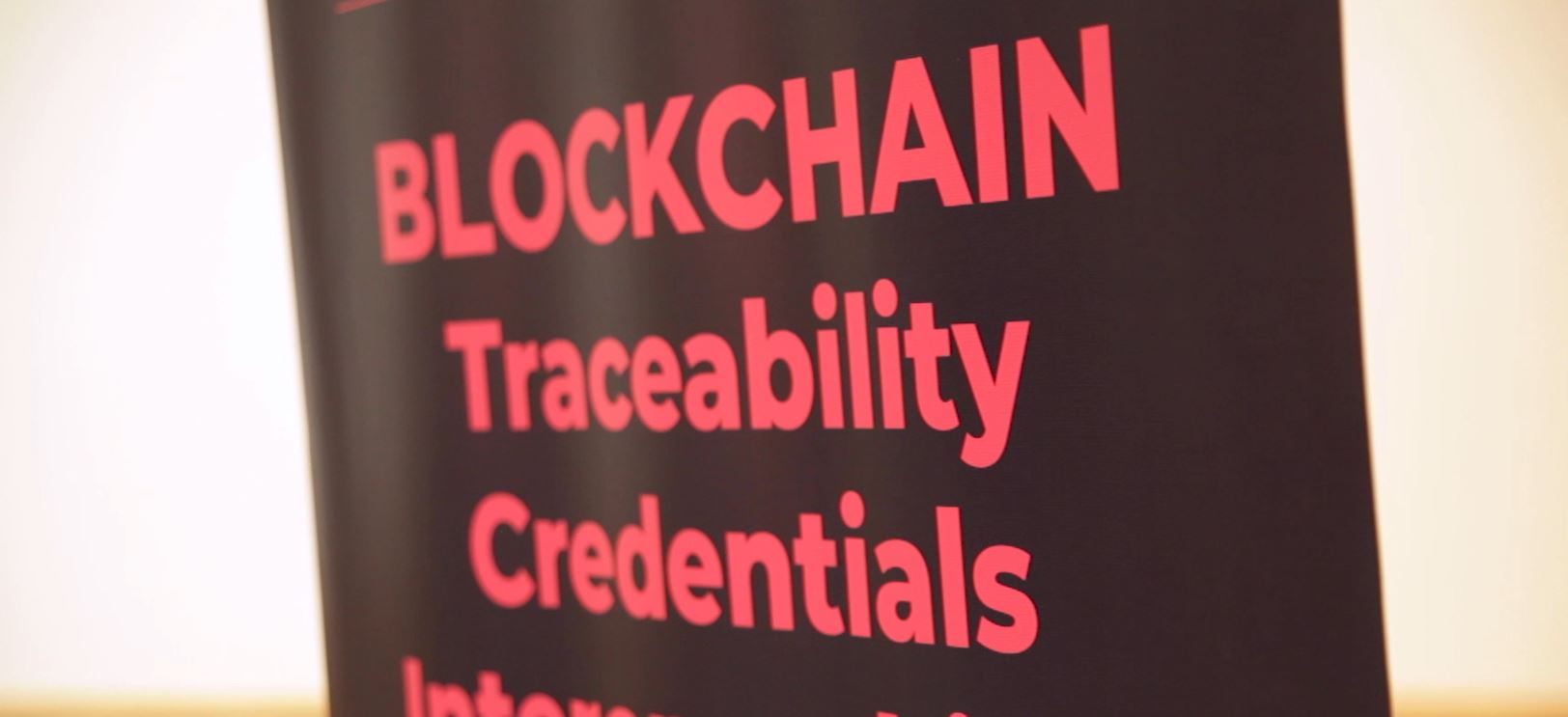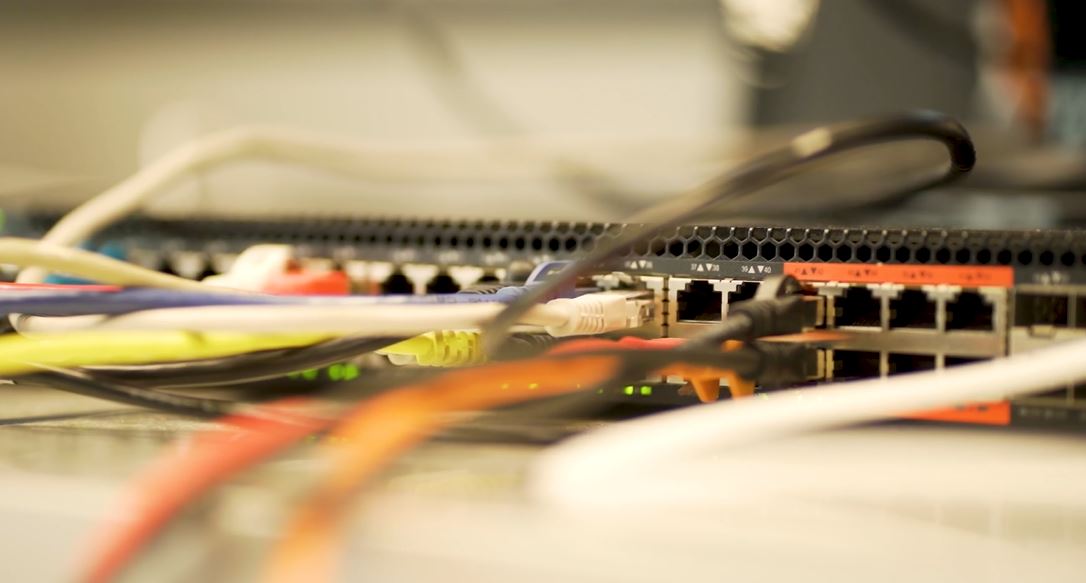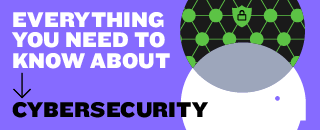
Security administrator
Other denominations
Computer and telecommunications systems security administrator
Description
Security administrators manage the security of the company's computer and telecommunications systems. They work in conjunction with the computer and telecommunications systems administrator. The primary goals of computer and telecommunications systems security are to: secure the software and the hardware; ensure the performance of resources and the proper use of resources by staff; preserve the image of the company; and assure business continuity and recovery from disasters. This occupation requires full dedication and may involve working at any time of the day, since security problems may arise at any time.
Tasks
- Define the company's security policy. Along these lines, establish the company's security-related goals regarding the computer and telecommunications systems.
- Responsible for hardware security. Hardware consists of all the physical elements of the system, such as peripheral devices (printers, computers, etc.).
Manage the physical security of computer and communications facilities. The main security problems to be handled are the reliability of elements (ensure that machines do not fail, for example, due to a power outage); the sabotage of machines; physical disasters (floods, fire, etc.); and virus attacks (which damage machines).
Perform quality control of hardware production. Properly functioning hardware ensures that no errors occur that will make the system malfunction. For example, must verify that systems used for backups work well and record data correctly. - Responsible for software security. Software includes the applications and data used by the company.
Define preventive measures and actions to be carried out in the event of virus attacks or system intruders.
Perform quality control of software production. Must verify that the applications and data of the system work properly, that is, that applications do not fail when working with them and that data are reliable (have not been modified, have not been corrupted, etc.). - Manage communications security. Communications security aims to ensure that the information circulating is secret and authentic, so that the sender is certain that it will reach the receiver in the same manner and that no one will be able to read it or manipulate it along the way.
- Manage the performance of system resources, such as network performance, disks, etc.
- Oversee the performance of company staff to ensure there is no improper use of resources and to prevent unlawful or private use, such as abuse of email or Internet by staff.
- Make and implement contingency plans. Contingency plans should ensure operation of the company in the event a disaster occurs in the system (a fire, a software or hardware problem, a virus, etc.). This means having an emergency plan (which is all actions to be carried out when the disaster occurs), a plan for backups (which makes it possible to recover all the company's information) and a plan for recovery (to ensure the system operates as it did before the disaster).
- Manage the destruction of waste. Waste means electromagnetic supports (such as data recording tapes, CDs, etc.) and batteries that are no longer used because they are broken or because they have become obsolete.
- In some cases, perform forensic analysis of the computer systems or some of their components. In other words, when a computer system does not work or is permanently damaged, analyse why it happened.










 | Catalan | Beginner
| Catalan | Beginner | English | Advanced
| English | Advanced
 Open
Open



_tcm43-52768.png)
 | Catalan | Beginner
| Catalan | Beginner





